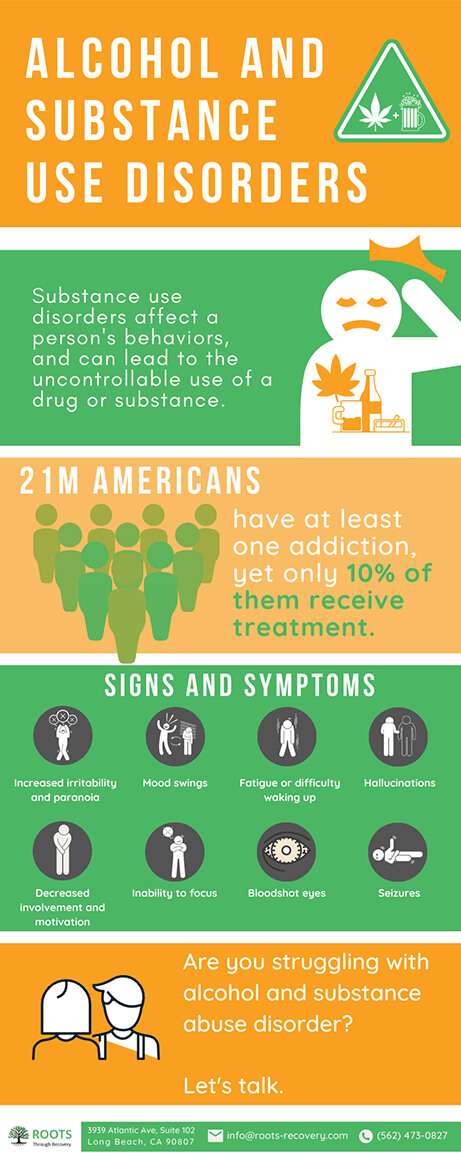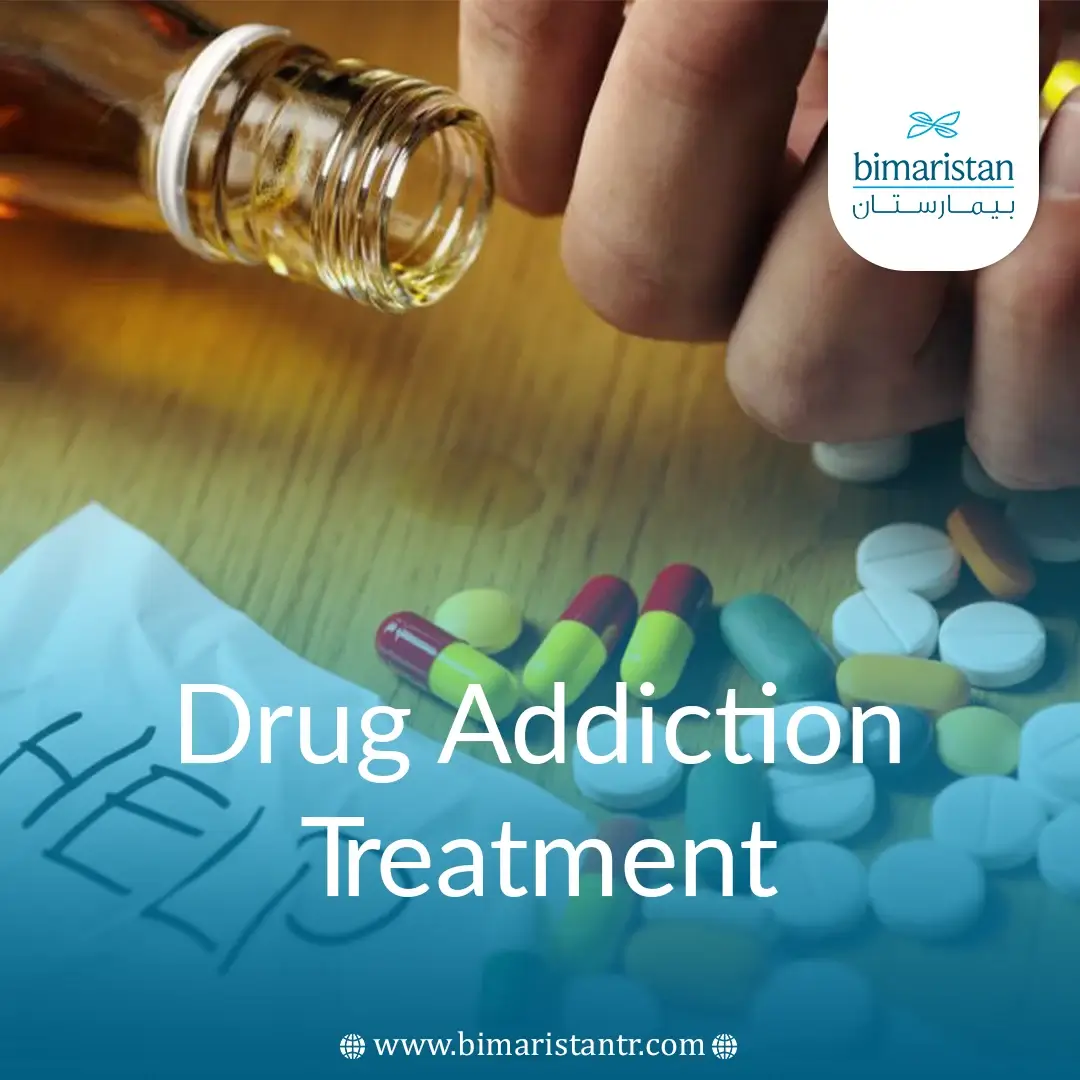A Comprehensive Guide to Substance Abuse Rehab
Substance Abuse rehab, often referred to as rehab, is a structured process designed to assist individuals get rid of dependancy on medications, alcohol, or other habit forming materials. It is not merely regarding detoxing-- it is a journey of mental, psychological, and physical improvement. Rehab centers supply risk-free environments where people can confront the source of their addiction, address emotional triggers, and discover coping devices to receive long-term soberness. This procedure is assisted by experienced specialists, consisting of therapists, clinical physicians, and counselors that understand the complex nature of dependency as both a behavior and physical problem.
Recognizing the Core important Abuse Rehab
At its core, rehabilitation is concerning reconstructing a person's life. Addiction usually leaves deep scars-- strained relationships, financial distress, health issues, and emotional instability. Through detailed rehab programs, people are given the devices to repair these facets slowly. Rehab isn't simply concerning avoiding substances; it has to do with redeeming control and uncovering one's feeling of self-respect. The programs emphasize framework, consistency, and individual responsibility, which are vital to long-lasting recuperation success. Every small landmark during rehab functions as a structure for lasting sobriety.
Substance Abuse Abuse rehabilitation is not a one-size-fits-all strategy. It recognizes that each individual's dependency story is special-- what led to Substance Abuse abuse, just how it advanced, and just how healing can be continual vary extensively. For that reason, treatment centers personalize treatment plans based on private assessments, ensuring that every person obtains assistance that aligns with their emotional state, dependency history, and life conditions. This tailored approach significantly improves recovery end results and assists protect against regression when individuals rehabilitate right into daily life.
The Benefits of Inpatient Rehab Programs
Inpatient rehab, additionally called property therapy, offers one of one of the most reliable techniques for those battling serious Substance Abuse dependency. One of its primary benefits is the distraction-free and structured setting. When a person gets in an inpatient center, they are briefly eliminated from outside triggers-- such as buddies who utilize compounds, difficult work environments, or family members disputes-- that may prevent their recuperation. This isolation from adverse influences enables individuals to focus entirely on recovery. Living within a monitored and encouraging setting creates the security required to damage old practices and create much healthier patterns of actions.
One more major advantage of inpatient rehabilitation is the 24/7 professional supervision offered per individual. Withdrawal symptoms from drugs or alcohol can be uncertain and, in some cases, serious. Inpatient centers have medical groups that offer round-the-clock care, making sure patients are comfortable and safe during detoxing. Beyond physical wellness, continuous supervision likewise offers emotional peace of mind-- individuals recognize that assistance is available any time, which decreases stress and anxiety and builds count on the recovery process. This immediate access to emotional and medical assistance considerably improves the success rate contrasted to outpatient care for serious dependencies.
Inpatient rehabilitation programs promote a solid sense of community and responsibility. Patients communicate with others that share comparable battles, participate in group treatment, and involve in tasks that motivate team effort and compassion. This atmosphere supports common understanding and reduces feelings of isolation commonly connected with dependency. By getting in touch with peers and learning from their experiences, individuals establish social bonds that remain to support them even after leaving the center. This sense of belonging, integrated with constant expert advice, makes inpatient rehab a very effective structure for lasting recovery.
Inpatient Rehabilitation Services Offered
Inpatient recovery centers offer a diverse array of services created to deal with the spirit, mind, and body all at once. The initial stage typically includes medical detoxification, a process that safely gets rid of substances from the body while handling withdrawal symptoms. Detoxification is overseen by physician that may provide medication to relieve pain and stop issues. When detox is complete, clients change to structured everyday programs that include health, therapy, and therapy tasks. This incorporated approach ensures that patients not only conquer physical dependence however also address psychological and emotional aspects of addiction.
Therapeutic services are at the heart of inpatient rehabilitation. Facilities offer individual therapy sessions, where patients function individually with qualified therapists to uncover the underlying sources of their addiction-- such as injury, mental wellness disorders, or unresolved psychological pain. Cognitive-behavioral treatment (CBT), dialectical habits therapy (DBT), and inspirational speaking with are amongst the most usual evidence-based techniques used. Furthermore, group treatment sessions provide an encouraging area for individuals to share experiences, explanation gain perspective, and develop interpersonal abilities. Household treatment is also regularly included, assisting to reconstruct depend on and enhance communication in between individuals and their loved ones.
Beyond conventional therapy, many inpatient programs consist of holistic and leisure solutions to advertise general health - Inpatient rehab. Yoga exercise, meditation, art therapy, and physical fitness programs help in reducing tension and show mindfulness. Nutritional therapy makes certain that patients reconstruct physical health and wellness, as Substance Abuse frequently diminishes the body's important nutrients. Some rehabilitation focuses even offer occupation training and academic workshops to assist patients prepare for reintegration right into culture. These varied solutions are designed to recover the whole individual-- not just deal with addiction symptoms-- by fostering balance, objective, and resilience
Why You Have To Think About Outpatient Programs
While inpatient rehab offers an immersive and extensive strategy, outpatient programs offer an alternative that permits flexibility for people that can not devote to permanent residential treatment. Outpatient rehab makes it possible for individuals to obtain organized therapy and clinical support while keeping their everyday responsibilities-- such as job, college, or family treatment. For numerous people with mild to modest addiction, outpatient treatment provides the best equilibrium in between recuperation and day-to-day life. It permits patients to practice the coping abilities they learn in real-world environments, strengthening their strength when faced with day-to-day difficulties.
An additional factor to think about outpatient programs is their cost-effectiveness. Inpatient care can be expensive because of lodging, dishes, and 24-hour supervision, which may not be economically possible for everybody. Outpatient programs, nonetheless, normally cost much less due to the fact that they do not need residential remains. Many facilities offer sliding-scale settlement alternatives or approve insurance coverage to make treatment easily accessible. For those who have actually currently completed inpatient rehabilitation, transitioning into an outpatient program works as an important continuum of care, helping keep responsibility and protect against regression with continuous assistance.
In addition, outpatient programs use a high degree of customization. Clients can pick between partial a hospital stay programs (PHP), extensive outpatient programs (IOP), or typical outpatient treatment, depending on their degree of need. Each choice provides varying degrees of structure and time dedication. IOPs normally involve several therapy sessions per week, while typical outpatient care could consist of weekly therapy gos to. This flexibility makes sure that patients can obtain professional help customized to their recuperation stage, making outpatient programs a useful and equipping selection for lasting recovery upkeep.

Discovering Other Therapy Choices basically Abuse Healing
Past outpatient and inpatient rehabilitation, there are several other therapy choices offered for individuals seeking healing from Substance Abuse addiction (addiction treatment). Medication-assisted therapy (FLOOR COVERING) is one such strategy, combining recommended medicines with behavior modification to manage withdrawal symptoms and lower cravings. Drugs like buprenorphine, methadone, or naltrexone are frequently utilized in opioid addiction therapy, while acamprosate or disulfiram might support alcohol recovery. click to read MAT aids support brain chemistry, allowing people to concentrate on therapy and lifestyle adjustments without the frustrating discomfort of withdrawal

Alternate therapies are additionally ending up being increasingly preferred in Substance Abuse Abuse treatment. These might include alternative practices like acupuncture, horse therapy, adventure-based therapy, and spiritual healing programs. While these techniques may not change traditional treatment, they can complement it by enhancing psychological guideline, self-awareness, and self-confidence. The goal of discovering different therapy options is to produce a recovery plan that reverberates with each individual's values, ideas, and lifestyle. An individualized combination of therapies commonly yields one of the most lasting results, equipping people to live a fulfilling, substance-free life.
The Path to Long-Term Soberness and Recovery
Completing rehab-- whether inpatient or outpatient-- is just the beginning of a lifelong healing trip. Aftercare programs play an essential function in keeping sobriety and avoiding regression. These programs might include ongoing therapy, assistance teams like Narcotics Anonymous or Twelve Step Programs, and sober living arrangements that offer ongoing framework. Uniformity and community are important; people that remain connected to recovery networks are more probable to sustain lasting development. Rehab instructs the necessary coping skills, however aftercare guarantees that those abilities are applied and enhanced in real-life situations.
Lasting healing likewise depends on way of living adjustments that support psychological and physical health. Developing healthy routines-- such as normal exercise, balanced nourishment, and mindfulness practices-- helps restore balance to the body and mind. Taking part in purposeful tasks like offering, seeking pastimes, or reconnecting with liked ones can fill up the emotional void left by Substance Abuse usage. Focusing and establishing a positive frame of mind on future goals offer recuperating people a renewed feeling of identification and instructions. Sobriety is not about starvation; it's concerning redeeming life's splendor and chances.

Through detailed rehabilitation programs, people are offered the tools to repair these facets progressively. Inpatient rehabilitation programs cultivate a strong feeling of area and accountability. While inpatient rehab uses a extensive and immersive technique, outpatient programs offer an alternative that allows adaptability for individuals who can not devote to full-time residential treatment. Outpatient rehabilitation enables clients to receive organized my blog treatment and medical assistance while maintaining their everyday duties-- such as household, school, or work care. Past inpatient and outpatient rehabilitation, there are a number of various other treatment choices offered for individuals seeking healing from Substance Abuse dependency.